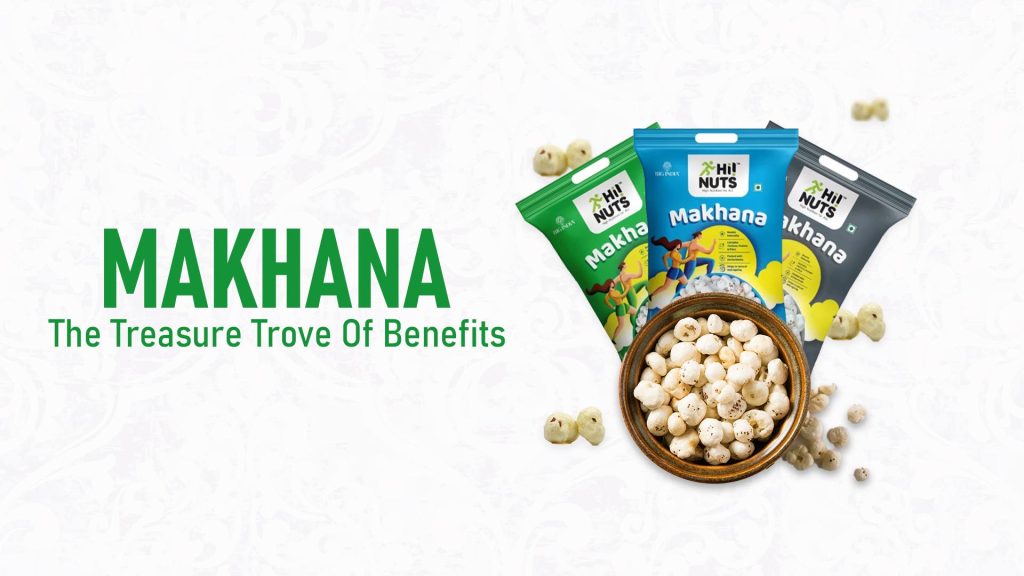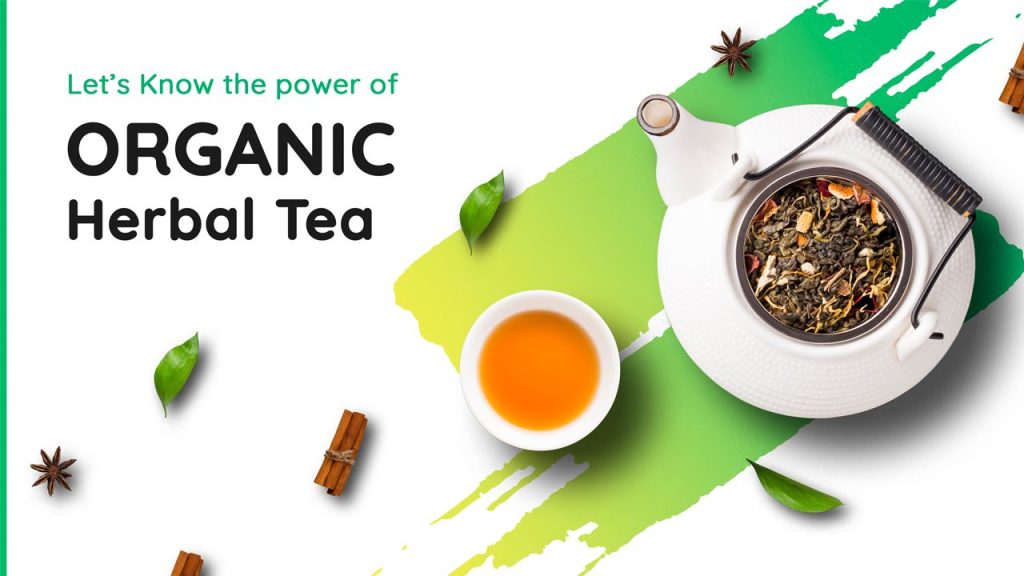
CTC Tea: The History, Processing, Types, and Health Benefits
Thursday, 04, 2023CTC tea, the largest consumed tea in the world, is a black tea made through the cut-tear-curl method. This tea was first invented in India in the 1930s and since then, it has revolutionized the tea industry. In this article, we will explore the history, processing, types, and health benefits of CTC tea.
History of CTC Tea
During the British regime in India, Chinese tea plants were planted in Assam, but they could not grow in hot climates. As a result, local tea plants were cultivated and processed using the cut-tear-curl method. The first type of CTC tea was Assam CTC tea, which is still exported in large quantities. Gradually, CTC tea production spread to other countries, particularly in Africa.
Processing of CTC Tea
The processing of CTC tea involves several steps, from plucking the leaves to brewing the tea. The leaves are first withered and then passed through cylindrical rollers with sharp pokers that cut, tear, and curl them into small pellets. After that, the pellets are fermented and dried to produce the finished product. Brewing is the final step, which involves pouring hot water over the tea leaves and allowing them to steep for a few minutes before straining the liquid and serving.
Types of CTC Tea
Assam CTC tea is the most popular type of CTC tea and is available in four grades based on the size of the leaves: whole leaf, broken leaf, fannings, and dust. The size of the leaves determines the taste and quality of the tea. Whole leaf tea produces a stronger and more flavorful cup of tea, while the dust grade produces a weaker and less flavorful tea. Assam CTC tea is also commonly used to make Masala Chai, a popular spiced tea in India that is made by adding spices like ginger and cardamom to the tea base.
How CTC Tea Differs from Other Types of Tea
CTC tea is different from other types of tea in several ways. First, it is specifically designed for hot and heavy rainfall areas, such as Assam, and is processed using machines, making it cost-efficient. In contrast, orthodox tea requires high altitude and cold climatic conditions to grow and is processed in a traditional way, making it costlier. CTC tea also contains more caffeine than other types of tea, making it a popular choice for those who need an energy boost. However, white tea and green tea are considered healthier than CTC tea.
Health Benefits of CTC Tea
CTC tea contains antioxidants that can help prevent heart disease and cancer. It can also aid in weight loss and improve digestion and the immune system. Additionally, CTC tea contains vitamins A and E, which are good for the skin and can help keep the body hydrated and moisturized. However, it is important to consume tea in moderate quantities to avoid potential health problems.
Grades of CTC Tea
CTC tea is graded based on the size of the leaves, with the whole leaf grade producing the strongest and most flavorful tea. The three broken grades, Broken Pekoe one (BP1), Broken Pekoe two (BP2), and Broken Orange Pekoe (BOP), produce a weaker and less flavorful tea. The rest time of mixing tea and hot water depends on the size of tea, which results in the variation of taste and flavor of different grades of CTC tea.
CTC Tea from Production to Brewing
Tea is one of the most popular beverages in the world and is often served to guests or at gatherings. To produce CTC tea, the leaves are plucked from the garden and transported to the factory for processing. Once processed, CTC tea can be brewed in a few simple steps. First, fresh running water is collected and boiled lightly to bring up the oxygen level. Then, one to two teaspoons of CTC tea are measured out and placed in a teapot. Hot water is then poured over the tea, and the mixture is stirred once or twice before resting for three minutes for black CTC tea leaves or one minute for CTC fine cut tea. Finally, the tea is strained and poured into cups, and milk and sugar can be added to taste.
Conclusion
CTC tea is a popular and widely consumed tea that has revolutionized the tea industry since its invention in the 1930s. It is made using the cut-tear-curl method, which results in a strong, malty, and flavorful tea that can be brewed quickly. CTC tea is exported in large quantities from Assam, India, where it was first cultivated, and is available in four grades based on the size of the leaves. Although it contains more caffeine than other types of tea, CTC tea has numerous health benefits, including preventing heart disease and cancer, aiding in weight loss and digestion, and improving the immune system. With its unique taste and processing method, CTC tea is a staple in many households and a favorite of tea lovers around the world.
FAQ
CTC tea is different from other types of tea and contains more caffeine, making it a popular choice for those who need an energy boost. However, white tea and green tea are considered healthier than CTC tea.
CTC tea is processed using the cut-tear-curl method, which involves withering the leaves and then passing them through cylindrical rollers with sharp pokers that cut, tear, and curl them into small pellets. After that, the pellets are fermented and dried to produce the finished product.
CTC tea contains antioxidants that can help prevent heart disease and cancer. It can also aid in weight loss and improve digestion and the immune system. Additionally, CTC tea contains vitamins A and E, which are good for the skin and can help keep the body hydrated and moisturized.
To brew CTC tea, fresh running water is collected and boiled lightly to bring up the oxygen level. Then, one to two teaspoons of CTC tea are measured out and placed in a teapot. Hot water is then poured over the tea, and the mixture is stirred once or twice before resting for three minutes for black CTC tea leaves or one minute for CTC fine cut tea. Finally, the tea is strained and poured into cups, and milk and sugar can be added to taste.
Assam CTC tea is exported in large quantities from Assam, India, where it was first cultivated.









